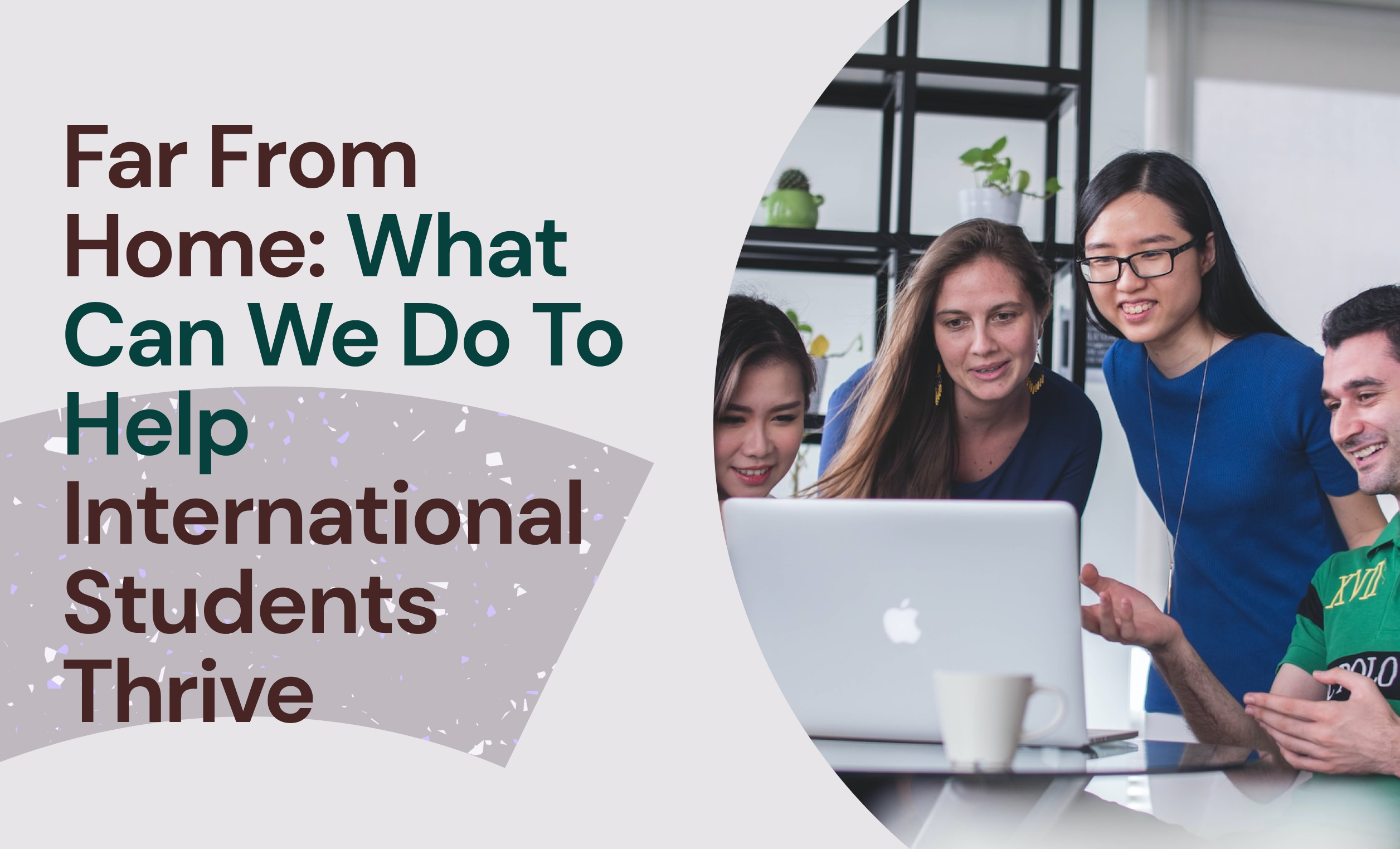
Could there be issues with going international?
For international students, being able to study abroad is an exciting affair. But as Mitchelle shared, when students are caught up in the flurry and excitement of moving, they often forget to consider how this move will affect them physically, mentally and socially.
Then once they are in a new country and the initial boiling excitement is reduced to a simmer, they slowly begin to realise that they are alone, without their familiar support system, and with a whole new load of responsibilities. Combining this with navigating a new place, new educational system, new people and perhaps a new language, studying abroad can suddenly be a daunting experience.
How can educational institutions support their international students?
The good news is there are many steps educational institutions can take to prepare and ease international students into their new surroundings. Mitchelle shares that some helpful initiatives include:
StudentPulse provides international students with access to the right resources at the right time
One of the challenges with having only a physical service desk or services offered across campuses and channels is that students will find it a challenge to get the right support at the right time. With StudentPulse, we can consolidate access to all the available support and resources for international students in one place and make it quick and convenient for students to get help.
As StudentPulse combines microsurveys with real-time data analytics to get a better understanding of students’ needs, educational institutions can survey their international students at key points in their journey and depending on the answer they provide, automatically connect students to the appropriate resource. For example, if a particular student indicates that they might be stressed or in a bad mental state, they can be directed immediately to make an appointment with a psychologist. On a larger scale, if many international students indicate that there’s a problem, for instance with their mental health in the first month of arriving at university, StudentPulse can also provide educators with that information so they can take quick, informed action to provide needed support for their students to thrive.
To learn more about StudentPulse, feel free to reach out to our team here or click here to listen to the full version of our podcast with Mitchelle on how educational institutions can support international students to thrive academically, mentally and socially!
